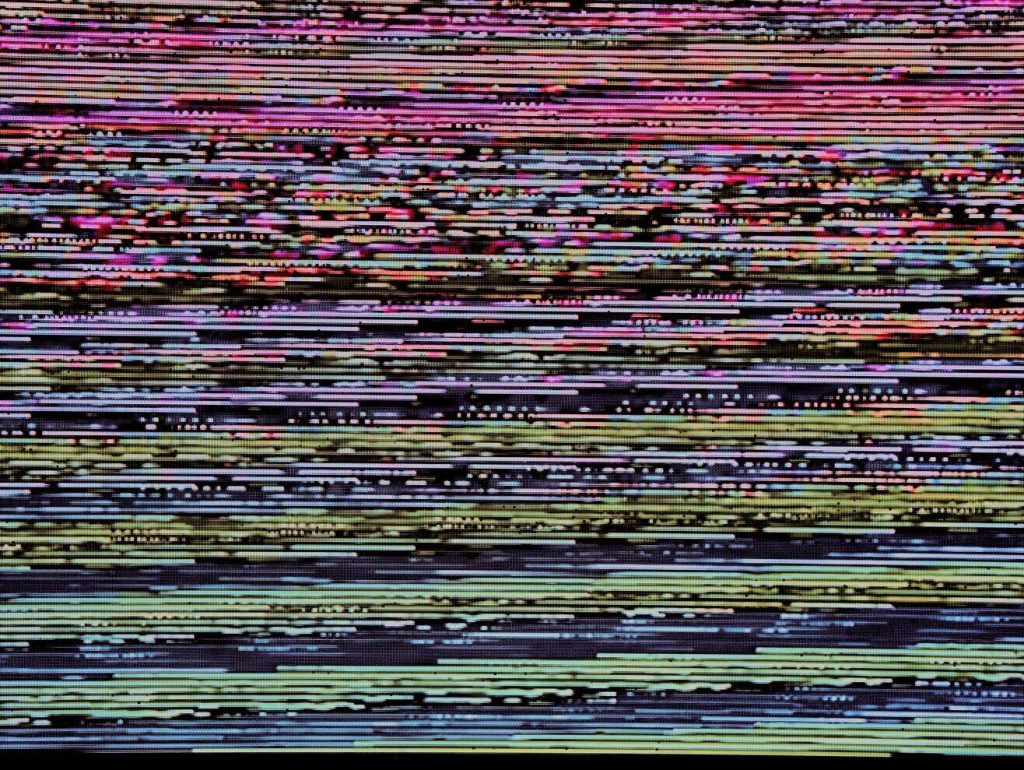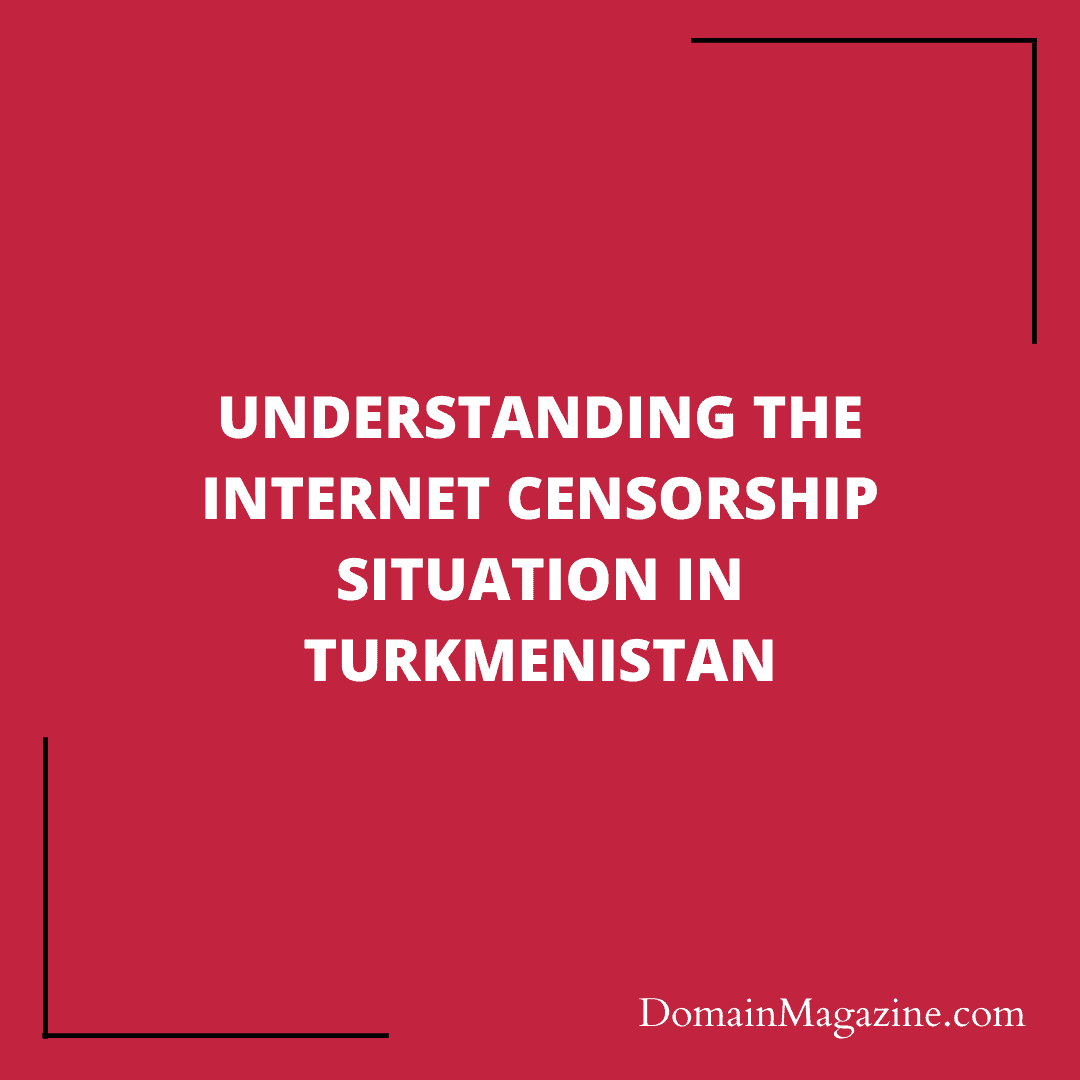Turkmenistan is one of the world’s most isolated countries, and it’s not just geographically. The country is known for its harsh dictatorship and heavily censored internet. The country is ranked among the worst countries in the world for freedom of speech and press freedom.
This article discusses the recent study that was conducted on internet censorship in Turkmenistan, the methods used to conduct the research, and the findings.
The Study
In 2021 and 2022, a team of computer scientists from the University of Chicago and University of Maryland conducted the first large-scale research on internet censorship in Turkmenistan. The team tested 15.5 million domains for censorship and found out that over 122,000 domains were blocked. The study is unique as it did not rely on local volunteers or any individuals with machines in the country, which is a common method used to test censorship.

The research found that the government of Turkmenistan has many block lists that block domains via different protocols such as DNS, HTTP, and HTTPS. They use regular expressions, a rule-based blocking system, to block domains with specific keywords such as “porn”. However, this system causes massive collateral damage, blocking unrelated websites.
Challenges
Conducting research in Turkmenistan presents several challenges. The government controls everything in the country, including the internet, and renting a virtual server from within the country is not possible. The censorship system can be triggered from outside, making it difficult to test censorship without relying on local volunteers.
Internet Censorship in Turkmenistan
The issue of internet censorship is particularly acute in Turkmenistan due to the government’s heavy censorship and information control policies. In 2016, Reporters Without Borders listed Turkmenistan as one of the enemies of the internet.
The authorities in Turkmenistan arrest citizens who use VPN apps to access censored content. The slow internet speed in Turkmenistan further compounds the problem, making it challenging for citizens to access information and communicate with the outside world.

The Turkmenistan government’s censorship methods are not unique to the country. Many other countries have similar censorship practices, and in some cases, the censorship is even more severe. China, for example, blocks over 300,000 domains, and Iran has been known to shut down the internet entirely during times of unrest.
The recent study on internet censorship in Turkmenistan highlights the severity of the country’s censorship practices. The government’s use of block lists and regular expressions causes massive collateral damage, blocking many unrelated websites. Despite the challenges, the study’s unique approach provides valuable insights into the censorship situation in Turkmenistan.
The Turkmenistan government’s censorship practices are not unique, and many other countries have similar, if not worse, censorship practices. The study underscores the importance of internet freedom and the needs to continue advocating for it.


Join the Discussion